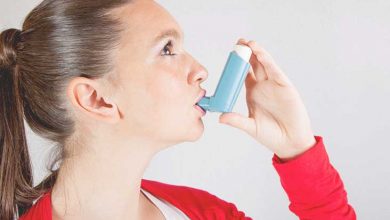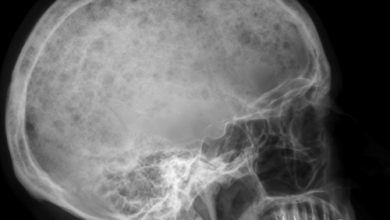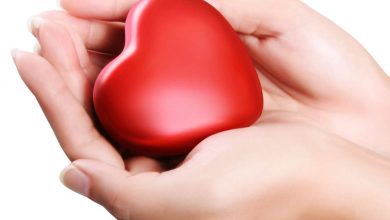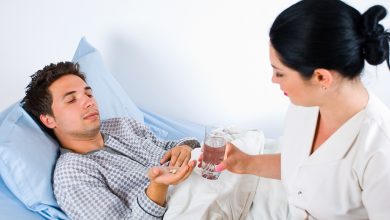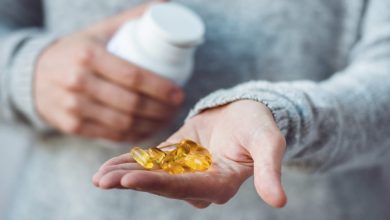Health
Top Treatment And Medications For Depression
There is great news for those that may feel depressed. Read our guide to find out how there is light at the end of the tunnel

Most people experience anxiety or depression at some point in their life. Losing a friend or family member, getting fired from a job, getting a divorce can make a person feel sad, upset, terrified, anxious, depressed or on edge. However, feeling these emotions all the time for no clear reason makes it hard to continue with everyday life. Fortunately, depression is treatable.
Depression
Depression is a condition when a person feels disheartened, tragic, miserable, unmotivated, or impartial in life. If these feelings last for a few weeks, it might be though of as an instance of “the blues.” However, when such emotions keep going for over a few weeks and when if interferes with day by day activities, it should be taken more seriously.
Depression is a treatable sickness that influences the way a person thinks and feels. It is a widely recognized mental issue in the United States. In 2014, around 15.7 million adults U.S. had encountered at least one episode of depression that year.
Types of Depression
There are 3 fundamental types of depression:
Significant Despondency
Significant despondency is when a person feels downcast and disheartened and hopeless. It can impair a person in their capacity to work, think, eat, and rest. It can happen on more than one occasion in a persons life. This can happen unexpectedly before or after a big life event. A few people with significant despondency may feel that life is not worth living and some will consider ending their lives.
Persevering Depressive Issue
Persevering depressive issue, or PDD, (in the past called dysthymia) is a type of depression that lasts no less than two years. Despite the fact that it is less extreme than real depression. It includes an indistinguishable indications from significant melancholy, mostly low vitality, decreased or increased appetite, and a sleeping disorder. It can show as stress, peevishness, and mellow anhedonia, which is the powerlessness to get joy from generally exercises.
Individuals with PDD may be thought of as continually thinking that the glass is half full.
Bipolar Issue
Bipolar, once called hyper depression, is portrayed by a mind-set cycle that moves from serious highs (insanity) or mellow highs (hypomania) to extreme lows (sadness).
During the hyper stage, a person may experience:
- Extreme joy
- Fractiousness
- Diminished need for rest
- Important ideas
- Increased talking
- Increased sexual needs
- Extraordinarily expanded vitality
- Misguided thinking
- Wrong social conduct
During the depressive stage, a person may experience:
- Depressed mood
- Low self-esteem
- Low energy levels
- Apathy
- Sadness
- loneliness
- helplessness
- guilt
- Slow speech
- Fatigue/Insomnia
- Thoughts of suicide
- Poor concentration
- Lack of interest or pleasure in usual activities
Depression Treatment
When you’re depressed, it can feel like you’ll never get out from under a dim shadow. However, even the most serious forms of depression are treatable. Thus, if your gloom is preventing you from going on with the life you need to find assistance. Finding out about your treatment choices will enable you to choose what approach is best for you. From drug treatments to solid life changes, there are numerous successful ways to defeat depression and recover your life.
Medication
- Antipsychotic medications
- Antianxiety
- Antidepressants
Light Therapy
White light can help regulate your mood and also improve your symptoms of depression. It is most commonly used for major depressive disorder that has seasonal patterns.
Exercise
Doing 30 minutes of exercise 3 to 5 days a week can help increase your production of endorphins. These are hormones that improve your mood.
Eastern Medicine
Acupuncture, meditation and ayurveda techniques can help with depression. Make sure to speak with your doctor before starting any of them.
Supplements
Supplements like fish oil, SAMe, lavender and St. John’s Wort are some of the supplements that are proven to help people with depression.
Psychotherapy
Talk therapy with a therapist can help you learn skills to handle depression.
Self Care
Taking care of yourself can help improve your depression. This means eating healthy, sleeping, not associating with negative people and much more.
Building A Community
Fining a community that you can talk to about your feelings can help decrease your feelings of confinement. Stay in touch with loved ones, or consider joining a class or going to social gatherings. Volunteering is an awesome approach to get social help for yourself while also helping others in need.
Reducing Stress
Find ways to reduce your stress levels. A lot of stress can increase depression. Take the parts of your life that worry you and find ways to limit their effect on you.
Depression is difficult to go through alone. Fortunately, there are many ways to treat depression. The best first step to take is visiting your doctor. From there, you can build a plan with your doctor to help alleviate your feelings of depression.
